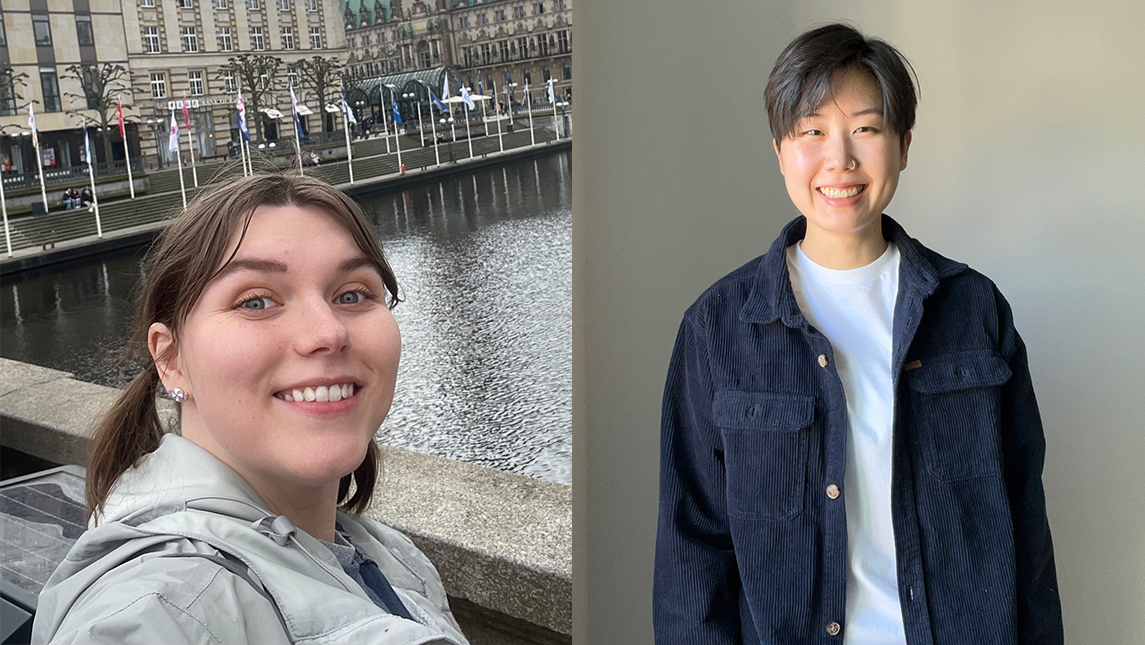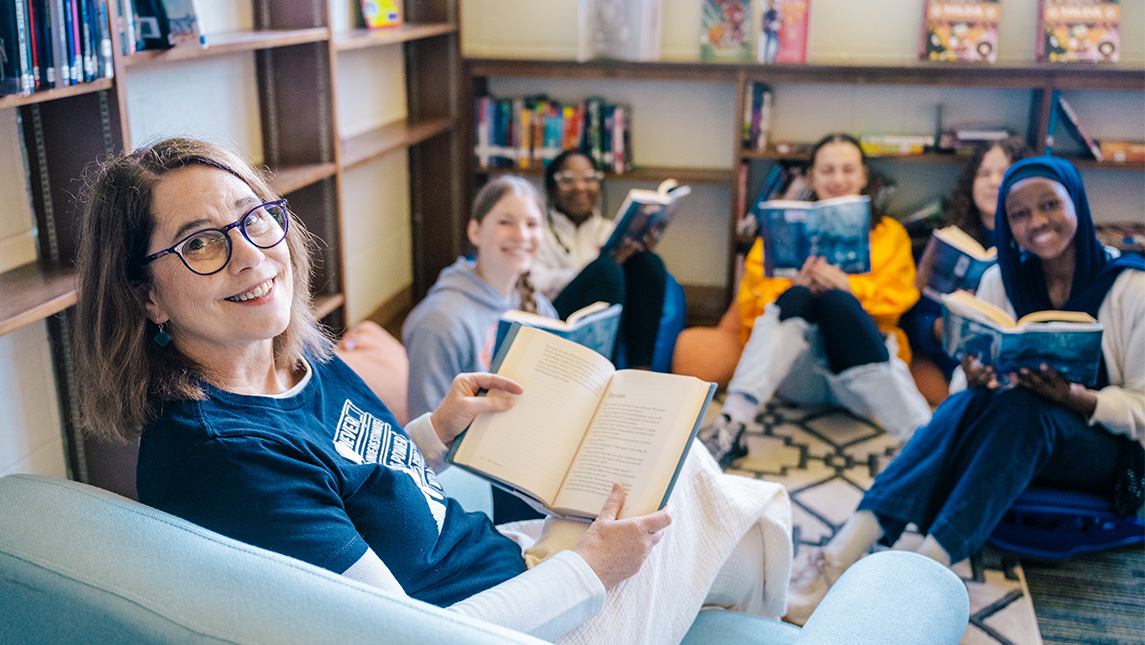The history of the counseling profession parallels the history of the counseling program at UNC Greensboro in many ways. Those parallels are perhaps most obvious in the life and legacy of Dr. Nicholas A. Vacc, former faculty member (1979-2002) and department chair (1986-1996), and one of the driving forces in the professionalization of the counseling field.
Early on, Vacc championed national preparation standards and certification. He was a leader in strengthening accreditation standards through several standard revisions between 1988 and 2001, including controversial changes that required much fortitude and persistence. Shortly thereafter, he was instrumental in the development of the National Board for Certified Counselors (NBCC). He applied his assessment expertise in co-writing the first certification exam, and every subsequent revision across 20 years. And, he and his colleague did this work by hand – before computer programs existed to complete the work in minutes. Notably, the national certification movement was a first step toward state licensure for counselors. Later, Vacc supported the creation of counseling’s national honorary society, Chi Sigma Iota (CSI). When these organizations decided to relocate, he persuaded both to move to the Greensboro, North Carolina area.
Vacc also was intentional in building a national counseling program at UNCG. His modeling and steady encouragement, particularly his mentoring of faculty and students, soon propelled the program into the national spotlight. Among numerous program enhancements, he convinced university administration to include an in-house counseling training clinic in the designs for a new campus building. Due to these and other efforts, the program first appeared in the top 10 of the US News and World Report, a ranking it has maintained ever since.
Vacc’s legacy continues to inspire current faculty and students to seek out ways to further enrich the counseling profession through their counseling practice, research, teaching, leadership, and advocacy. Their work includes projects and activities that have impacted current students, UNCG, the local community, and the counseling profession itself. For example, current faculty were instrumental in writing national research competencies and research mentoring guidelines for the counseling field. Faculty advocacy also led to the first national standards and certification for clinical supervisors in mental health [Approved Clinical Supervisor (ACS), National Board for Certified Counselors (NBCC)]; these national supervision standards have been endorsed by many state counseling licensure boards. Currently, another faculty member is active in refining culturally responsive counseling practices, including serving in an advisory capacity for a large, global professional group in addictions (NAADAC, the Association for Addiction Professionals).
Locally, a current faculty member spearheaded the Impact through Innovation (ITI) initiative in the UNC Greensboro School of Education, an office that connects faculty and community in support of collaborative projects that address pressing social needs. ITI has assisted several Department of Counseling and Educational Development (CED) counseling faculty to move forward initiatives that impact the field, as well as to help faculty and students develop innovative projects that impact local communities and schools.
In addition, several faculty are currently involved in a five-year federally funded project to increase the number of school counselors in rural schools. Current faculty also include journal editors and presidents of national counseling organizations.
Most recently, a series of conversations among faculty led to the 2021 launch of the North Carolina Academy of Stress, Trauma, and Resilience (NCA*STAR), which leverages faculty expertise in suicide prevention, self-harming behaviors, and trauma-informed clinical and organizational practices through training and other outreach. Of note, NCA*STAR’s director is an alum of the CED master’s program.
Faculty and alumni also worked together with local community leaders to establish the Family Justice Center (FJC), a “one stop shop” for victims of domestic violence, sexual assault, child abuse, and elder abuse. Led by a CED master’s alum, the FJC has been recognized as a national model.
Doctoral alumni also carry on Vacc’s legacy and vision for the program and profession. They have served on the counseling accreditation board and been elected president of the American Counseling Association and many of its divisions. In addition, alumni hold key positions within NBCC and the counseling honorary society (CSI). They provide leadership in state-level school counseling and educational policy organizations. In addition, many doctoral alumni are recognized for their funded research in critical areas, including STEM careers, addictions, and suicide interventions.
Other alumni are innovative leaders in their school systems, including several directors of school counseling services in their districts. One doctoral alum is gaining national attention for reimagining school policing; she led a district effort to hire its own police and then trained the new officers in Mental Health First Aid Youth. Officers work collaboratively with behavioral health specialists and social workers in meeting the needs of students.
In these, and many other ways, parallels continue between the counseling profession’s progress and CED’s faculty, students, and alumni accomplishments. Nicholas Vacc’s leadership and encouragement continues to motivate CED faculty, students, and alumni to inspire, and aspire, to strengthen the counseling profession and respond to critical needs locally and nationally. Reminders of his legacy are even physically visible on campus. The CED in-house training clinic is named for him, and the Vacc Bell Tower stands just across the street from faculty offices and the Vacc Clinic. In fact, we are convinced he is responsible for the Vacc Bell Tower chiming about 90 seconds early, making sure we’re not late to class…or some other opportunity to be stewards of his legacy.



